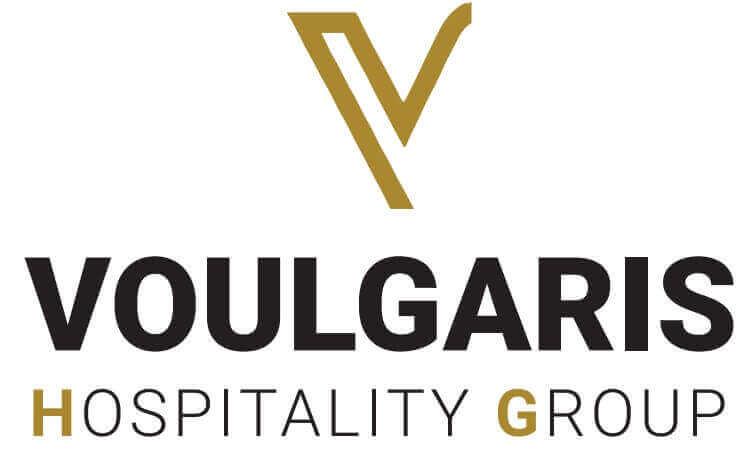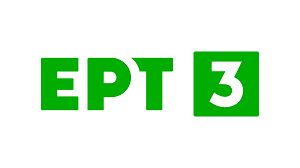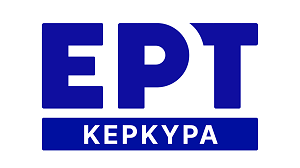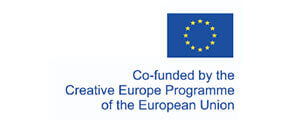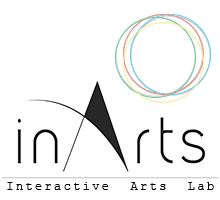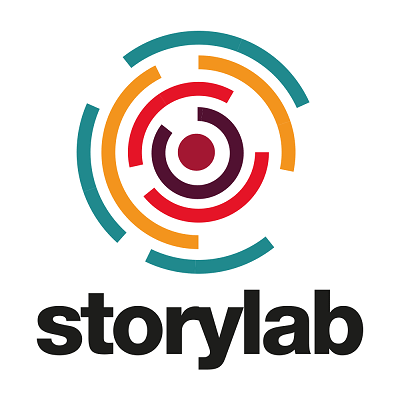The primary research objective is to investigate the sustainability process in designing, operating, and managing public spaces, ensuring their accessibility, enjoyment, and benefits for all. We will focus on existing sustainable management methods in relation to two specific SDGs, namely Goal 4 (Quality Education) and Goal 11 (Sustainable Cities and Communities). Within this paper we explore the combination of artificial intelligence (AI) and prompt injection techniques as potential catalysts for enhancing sustainable management in the realms of education and tourism. AI and prompt injection techniques will be employed to facilitate community engagement by analyzing data, discerning community needs and preferences, and devising tailored solutions. Regarding the use of such technologies, we believe that the generation of ideas and the proposal of new methods can come from any source, including artificial intelligence, hence we investigate at that level the fact that those technologies have to offer and if they can be embedded to existing processes.
The research's case study will focus on the Old Town of Corfu monument. Data for the study will be obtained using an innovative framework called CORRELATE: interaCtive framewORk foR sustainablE worLd heritAge siTe managΕment, which was developed by our research team. By customizing prompts and parameters to address specific topics and questions, we aim to produce informative and actionable results, which can then be applied to the case study. This approach ensures the most innovative and practical implementation of sustainable management.
The United Nations established the 17 Sustainable Development Goals (SDGs) in 2015, which serve as a comprehensive framework for achieving a more sustainable future by 2030. These goals act as a blueprint for collaborative efforts, uniting various stakeholders in pursuit of peace, equality, wellbeing, and prosperity. As global challenges escalate, the implementation of SDGs becomes increasingly vital, necessitating resilience and sustainability. Achieving these goals demands inventive and transformative approaches, as conventional methods often fall short in addressing complex, interconnected issues. To realize the SDGs, we must adopt novel mindsets, work practices, and collaborative techniques that promote systemic change and generate sustainable, equitable results. These innovative solutions may encompass technological, social, and behavioral advancements that empower communities to collaborate, take action, and enact change.
Polyxeni Kaimara holds a PhD in Educational Psychology & Educational Technology from the Ionian University (Department of Audio and Visual Arts)in Corfu, Greece, a MSc in Developmental and School Psychology and a BSc in Psychology from the Aristotle University of Thessaloniki (Department of Psychology) in Thessaloniki, Greece, a MSc in Public Health from the University of West Attica (Department of Public Health Policy) in Athens, Greece and a BSc in Counseling and Guidance from the Higher School of Pedagogical and Technological Education (ASPAITE) in Thessaloniki, Greece. She is also a Certified Trainer and Assessor of the Greek National Organization for the Certification of Qualifications & Vocational Guidance and a Certified Trainer of the National Centre for Public Administration and Local Government. She is currently a post-doc researcher at the Department of Audio and Visual Arts (Ionian University). She has teaching experience at the University of Western Macedonia and Ionian University. She works as a psychologist in the psychiatric sector and educational centres for people with disabilities at the Greek Ministry of Health. She is a co-author of numerous papers and book chapters and has presented research works at international conferences. Her research interests focus on the design and evaluation of educational systems and games for students with special educational needs and inclusive education.
https://scholar.google.com/citations?user=rVcJ1mUAAAAJ&hl=el
Back
